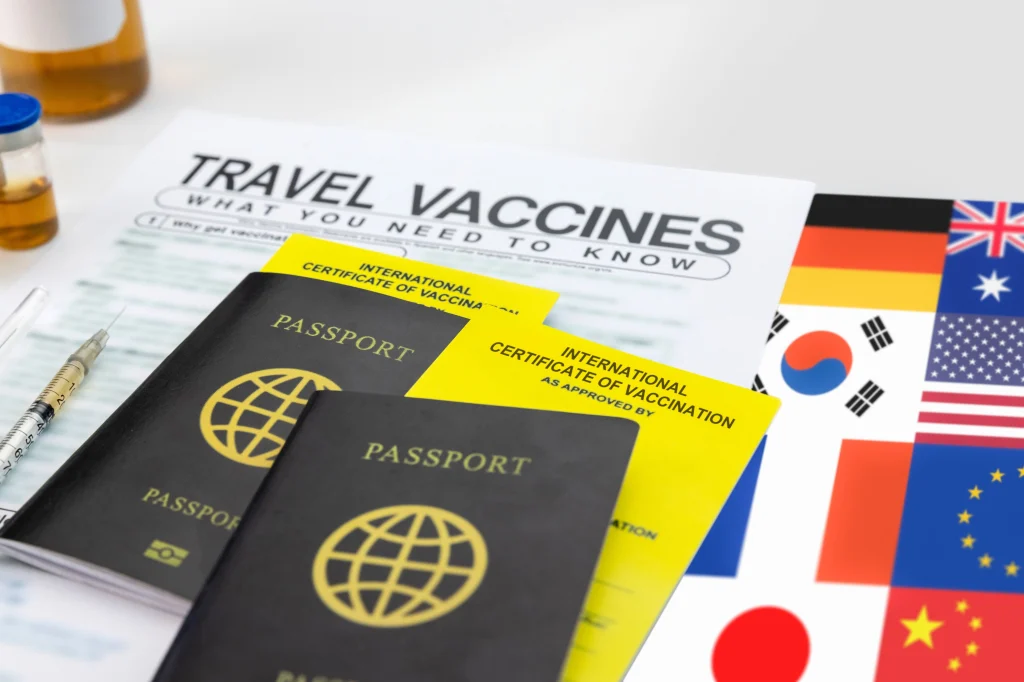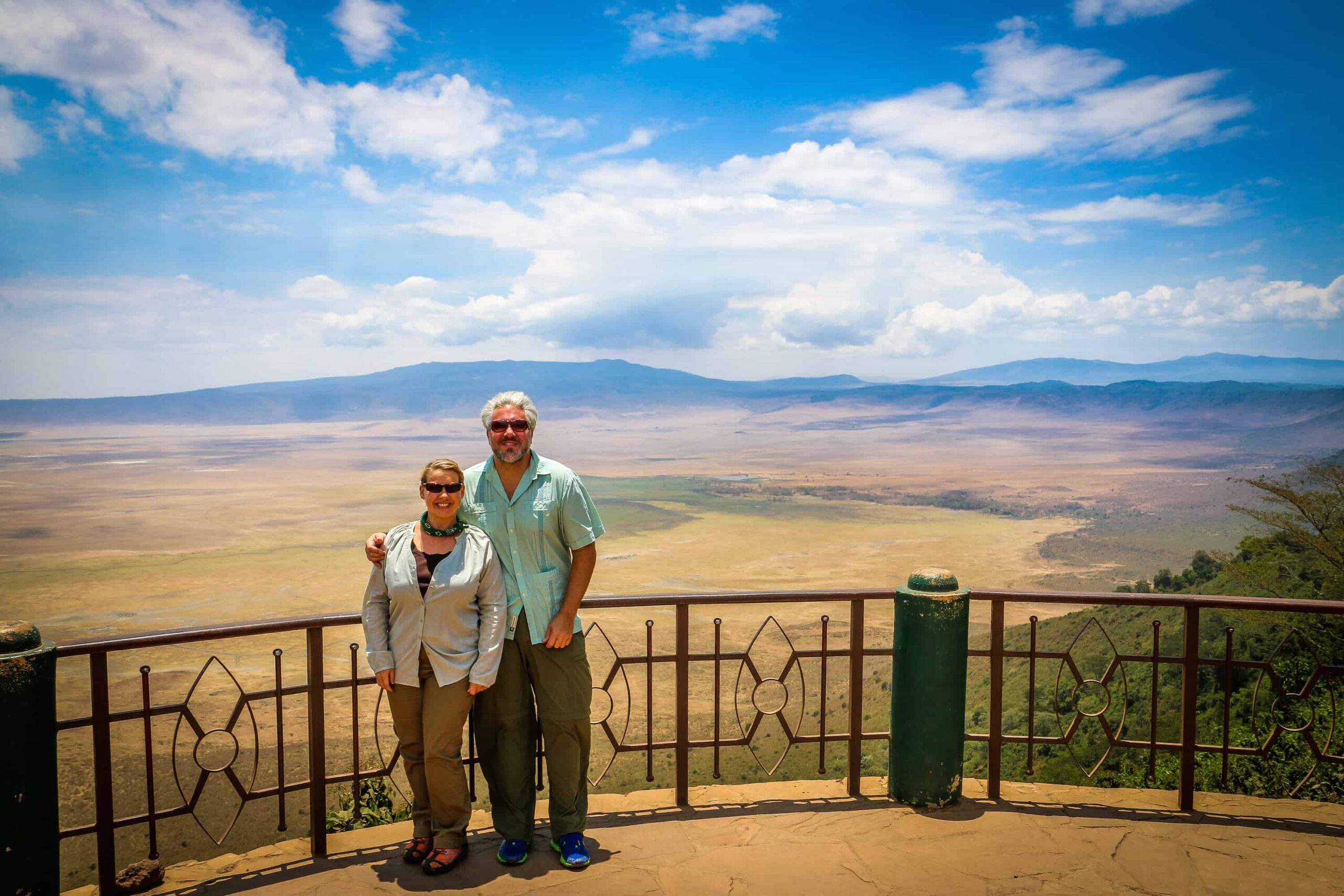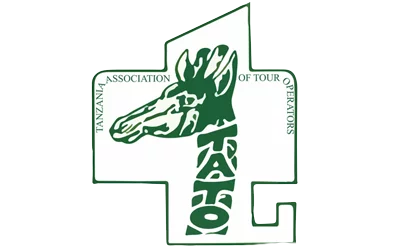Tanzania, with its diverse landscapes, rich culture, and abundant wildlife, is a dream destination for travelers. However, before you embark on your adventure in this East African gem, it’s crucial to be informed about the vaccines required to protect your health during your stay. In this guide, we’ll explore the essential vaccines you should consider when planning your trip to Tanzania.

Routine Vaccinations
Before discussing specific vaccines for Tanzania, ensure that your routine vaccinations are up to date. These include vaccines for:
- Measles, Mumps, and Rubella (MMR): Two doses are typically recommended for adults who haven’t had them in childhood.
- Diphtheria, Tetanus, and Pertussis (DTaP): Booster shots every 10 years are advised.
- Hepatitis B: Ensure you have completed the three-dose series if you haven’t already.
- Polio: A booster shot may be needed if you haven’t been vaccinated in adulthood.
Mandatory Yellow Fever Vaccination
The most crucial vaccine for travelers to Tanzania is the Yellow Fever vaccine. Tanzania requires proof of a yellow fever vaccination if you’re arriving from or have transited through a yellow fever-endemic country. Failure to provide a valid yellow fever certificate may result in entry refusal or quarantine measures.
Recommended Vaccinations
While not mandatory, these vaccines are highly recommended for travelers to Tanzania:
-
Typhoid Fever Vaccine:
Typhoid fever is a bacterial infection that can be contracted through contaminated food and water. Travelers to Tanzania, especially those visiting rural areas, should consider the typhoid vaccine, which is available in both injectable and oral forms.
-
Hepatitis A Vaccine:
Hepatitis A is a viral infection that spreads through contaminated food and water. Vaccination is advised for all travelers, as it provides protection against a common travel-related illness.
-
Malaria Prophylaxis:
Malaria is a significant health concern in Tanzania. Consult a healthcare provider for appropriate anti-malarial medication before your trip. Additionally, take precautions to avoid mosquito bites, such as using insect repellent and wearing long sleeves and pants.
-
Meningococcal Vaccine:
Meningococcal disease can occur in crowded settings. Travelers visiting Tanzania during the dry season when dust is prevalent may consider this vaccine.
-
Rabies Vaccine:
While not typically required for most travelers, the rabies vaccine is recommended for those likely to be in close contact with animals or staying in rural areas. It’s especially relevant for adventure travelers.
Additional Precautions
Apart from vaccinations, take these additional precautions when traveling to Tanzania:
- Safe Water and Food: Consume only bottled or purified water and eat at reputable restaurants to minimize the risk of foodborne illnesses.
- Hand Hygiene: Regularly wash your hands with soap and water or use hand sanitizer.
- Insect Protection: Use insect repellent, sleep under bed nets, and wear protective clothing to prevent mosquito bites.
- Travel Insurance: Purchase comprehensive travel insurance, including medical coverage, before your trip.
Conclusion
Ensuring you have the necessary vaccines and taking health precautions is essential for a safe and enjoyable trip to Tanzania. Consult with a healthcare provider or a travel medicine specialist well in advance of your journey to receive personalized advice based on your health, travel plans, and the regions you intend to visit in Tanzania. With proper preparation, you can explore Tanzania’s wonders with confidence, knowing you’ve taken steps to safeguard your health. Read our safari FAQs, Kilimanjaro packing list and Kilimanjaro FAQs.









